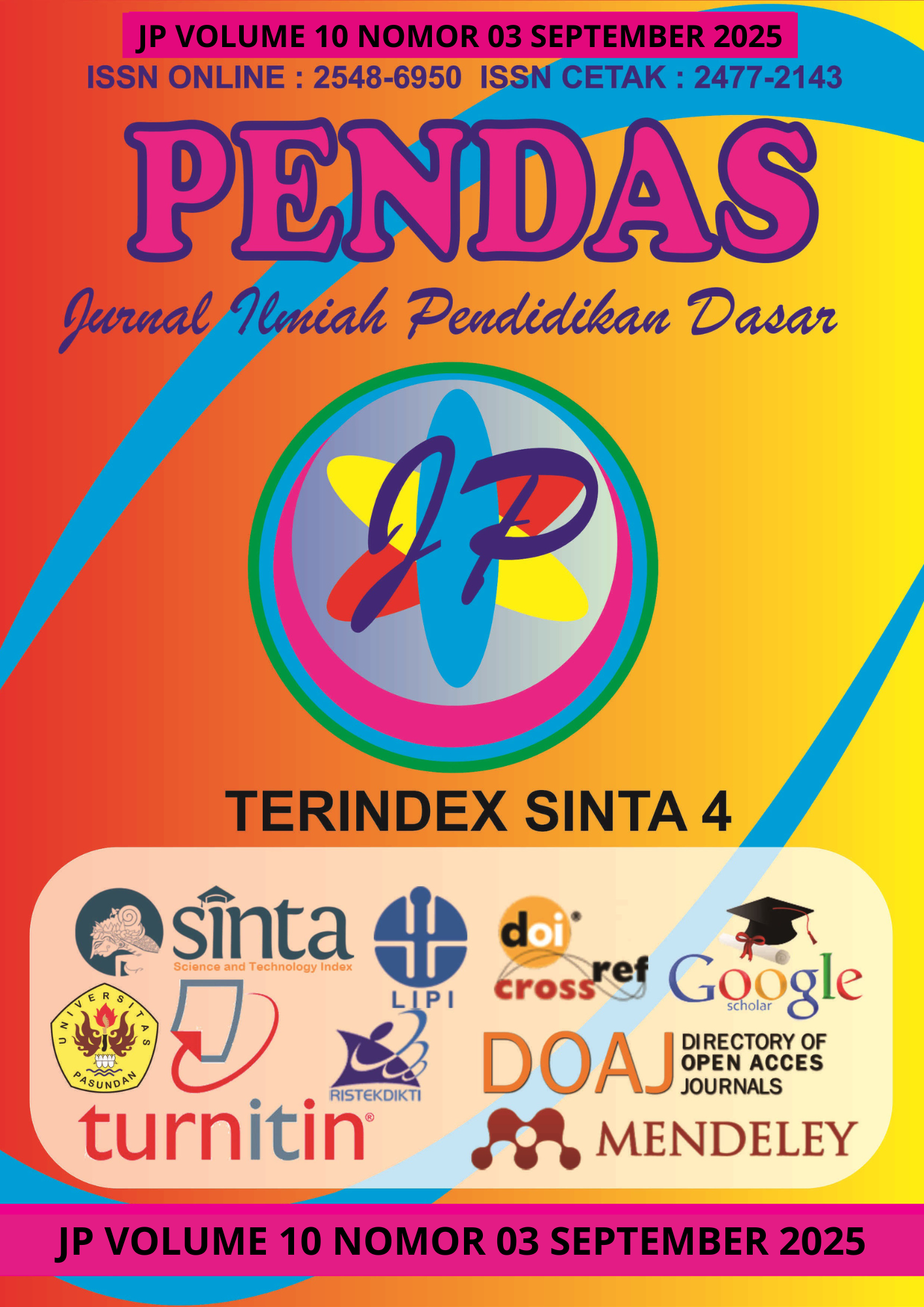MINDFUL LEARNING: A HYBRID SYSTEMATIC LITERATURE REVIEW AND BIBLIOMETRIC ANALYSIS
DOI:
https://doi.org/10.23969/jp.v10i3.28947Keywords:
bibliometric analysis, psychological well-being, education, Mindful learning, systematic literature reviewAbstract
This study aims to present a systematic literature review and bibliometric analysis on the development of Mindful Learning research within the educational context. Using the PRISMA method and the Scopus database, 44 relevant articles were selected from a total of 1,647 documents for in-depth analysis. The study focuses on three key research questions: the sustainability and relevance of Mindful Learning as a scientific topic (RQ1), the allocation of current research resources including publications, collaborations, and funding (RQ2), and the theoretical and practical implications of recent findings (RQ3). The results indicate that Mindful Learning remains a relevant and evolving area of global research, particularly since 2010. The United States, Taiwan, and China are the leading countries in terms of publications, while social sciences and psychology are the dominant disciplines. Keyword mapping further reveals strong connections between Mindful Learning and related concepts such as empathy, emotional regulation, and psychological well-being. The findings suggest that Mindful Learning holds significant potential to be integrated into broader educational practices. Additionally, the field offers ample opportunities for interdisciplinary and cross-cultural research. This study provides valuable insights for educators, researchers, and policymakers in designing more reflective, adaptive, and student-centered learning approaches that prioritize well-being alongside academic performance.
Downloads
References
AL-Akl Khoury, L. (2023). Civic education and Lebanon. PORTAL Journal of Multidisciplinary International Studies, 19(1/2), 126–130. https://doi.org/10.5130/pjmis.v19i1-2.8816
Fredricks, J. A., Blumenfeld, P. C., & Paris, A. H. (2004). School engagement: Potential of the concept, state of the evidence. Review of Educational Research, 74(1), 59–109. https://doi.org/10.3102/00346543074001059
Langer, E. J. (2000). Mindful Learning. Current Directions in Psychological Science, 9(6), 220–223. https://doi.org/10.1111/1467-8721.00099
Langer, E. J., & Moldoveanu, M. (2000). The construct of mindfulness. Journal of Social Issues, 56(1), 1–9. https://doi.org/10.1111/0022-4537.00148
Lin, Y.-T. (2020). The interrelationship among psychological capital, Mindful Learning, and English learning engagement of university students in Taiwan. SAGE Open, 10(1), 1–12. https://doi.org/10.1177/2158244020901603
Wang, Q., Zhang, Y., Zhang, Y., & Chen, T. (2023). The impact of Mindful Learning on subjective and psychological well-being in postgraduate students. Behavioral Sciences, 13(12), 1009. https://doi.org/10.3390/bs13121009
Yeh, Y., Chen, S.-Y., Rega, E. M., & Lin, C.-S. (2019). Mindful Learning experience facilitates mastery experience through heightened flow and self-efficacy in game-based creativity learning. Frontiers in Psychology, 10, 1593. https://doi.org/10.3389/fpsyg.2019.01593
Downloads
Published
Issue
Section
License
Copyright (c) 2025 Pendas : Jurnal Ilmiah Pendidikan Dasar

This work is licensed under a Creative Commons Attribution 4.0 International License.



















